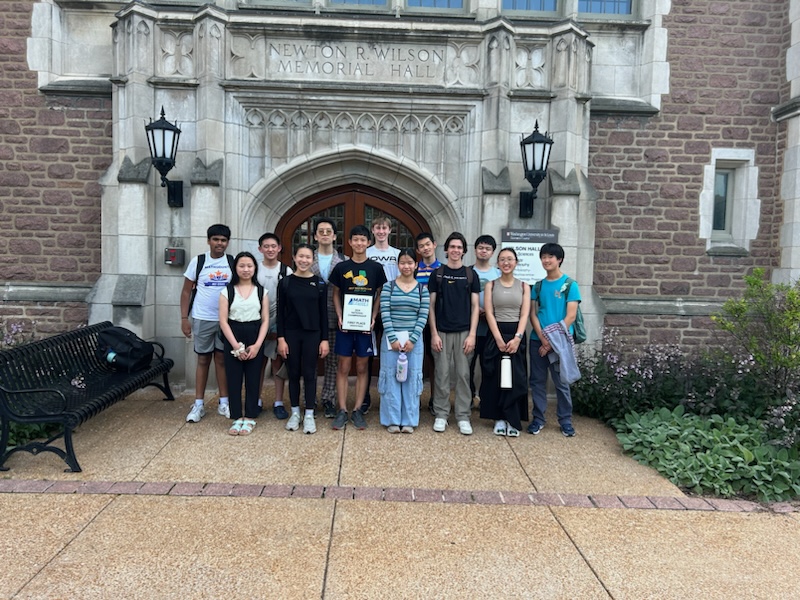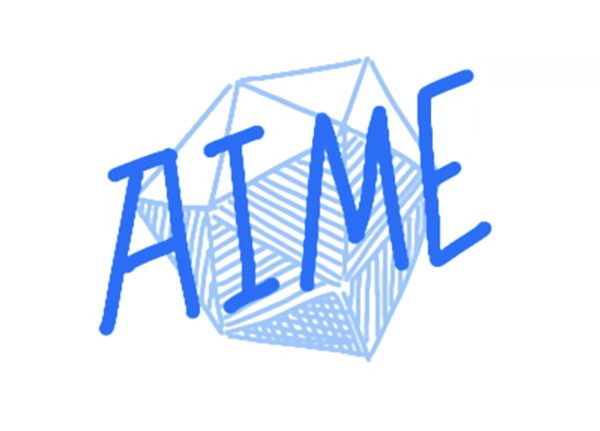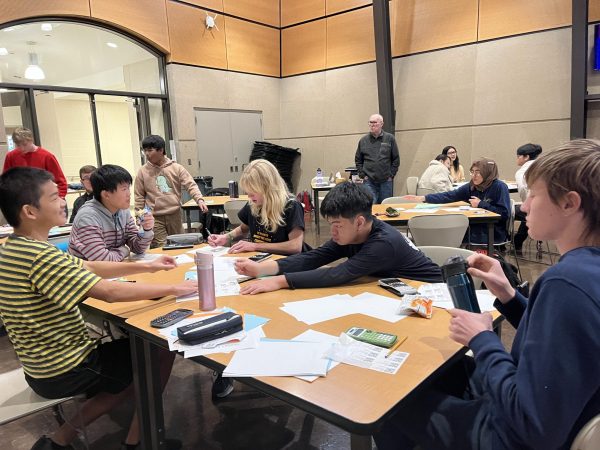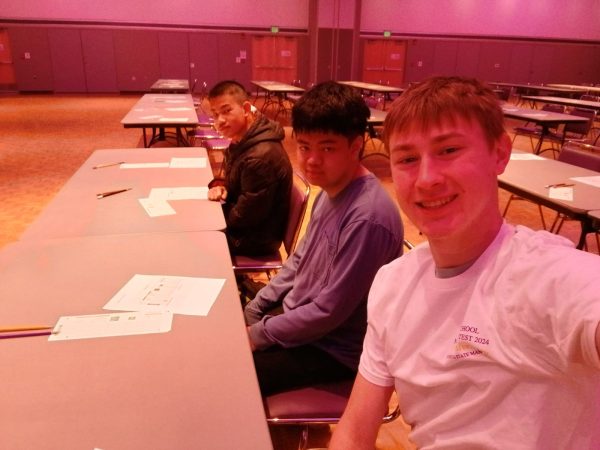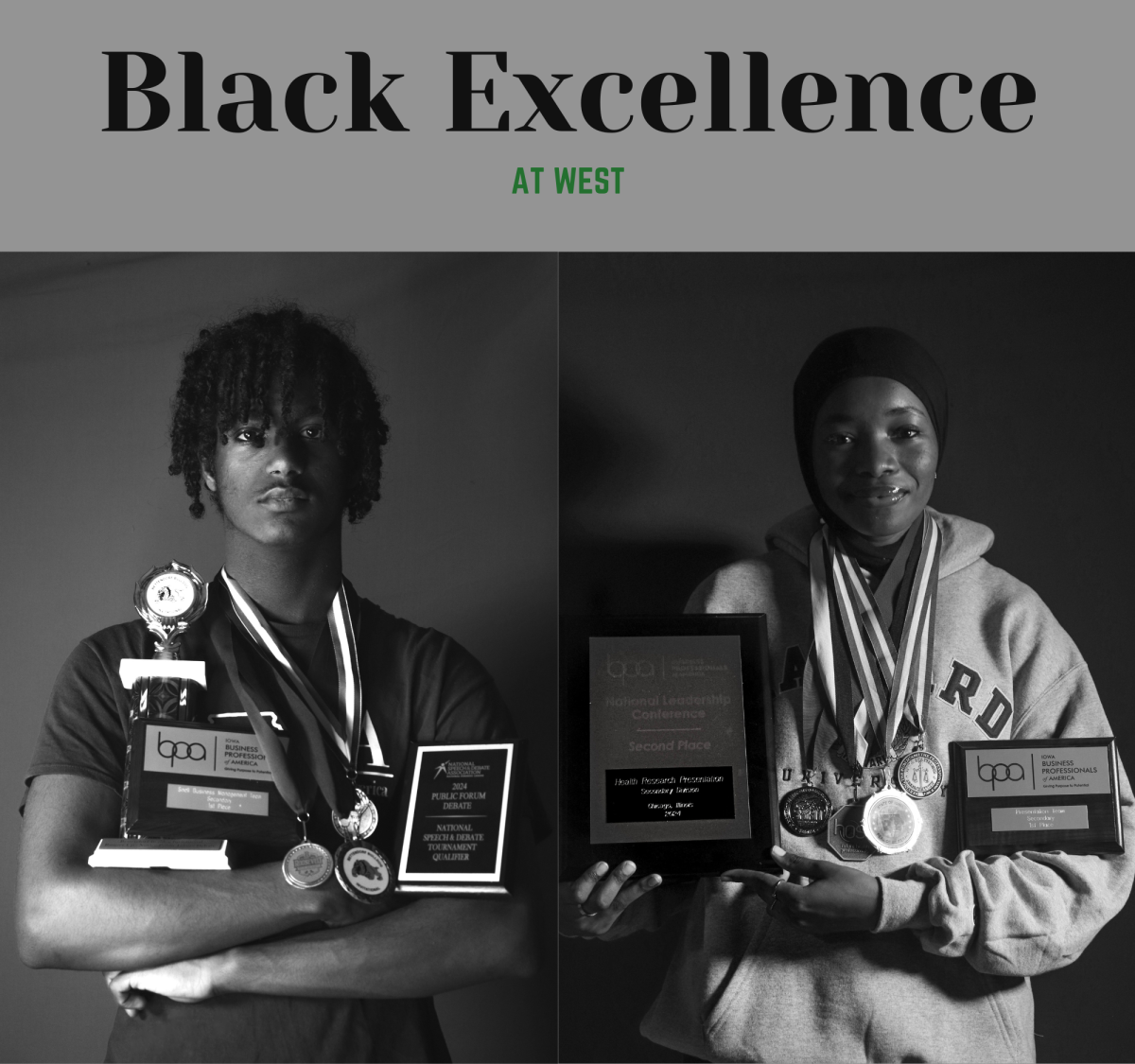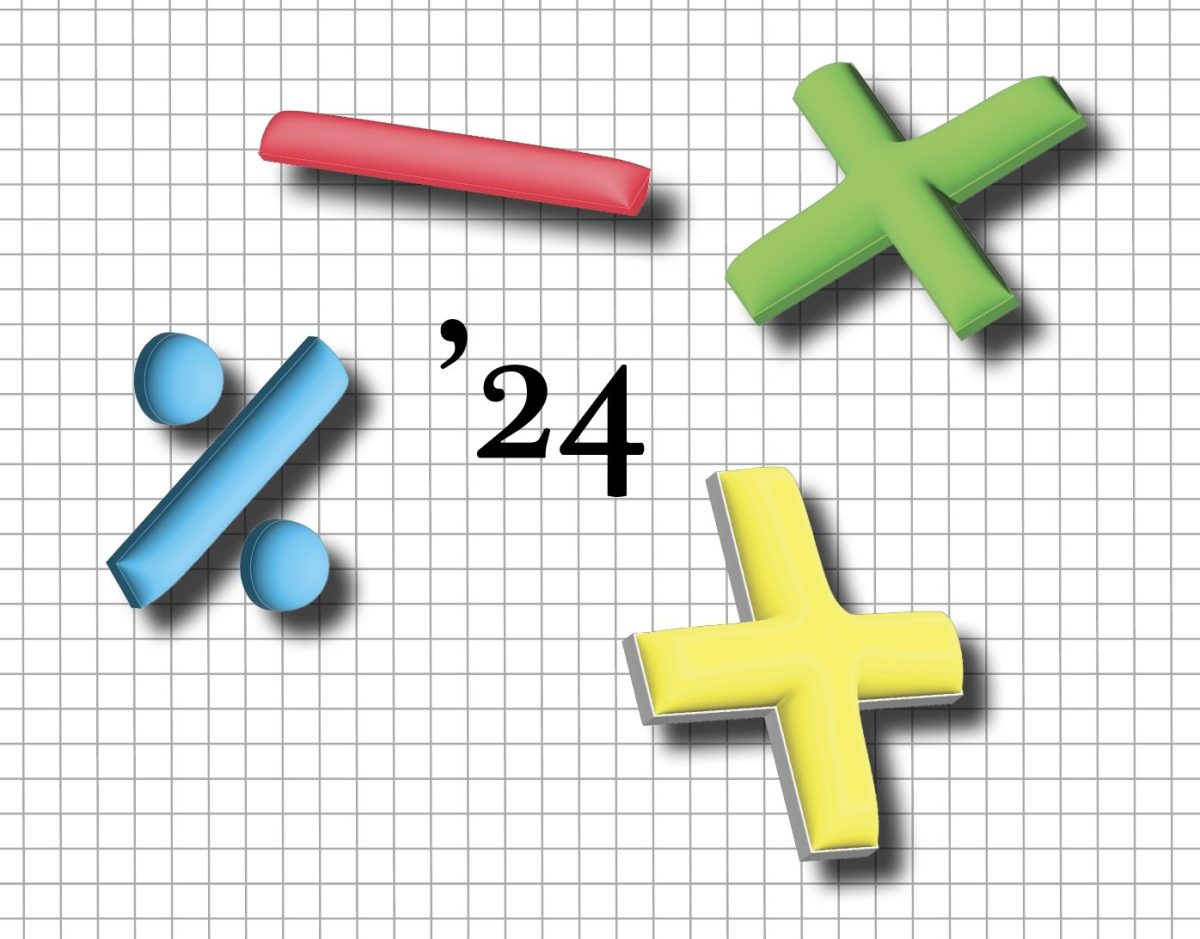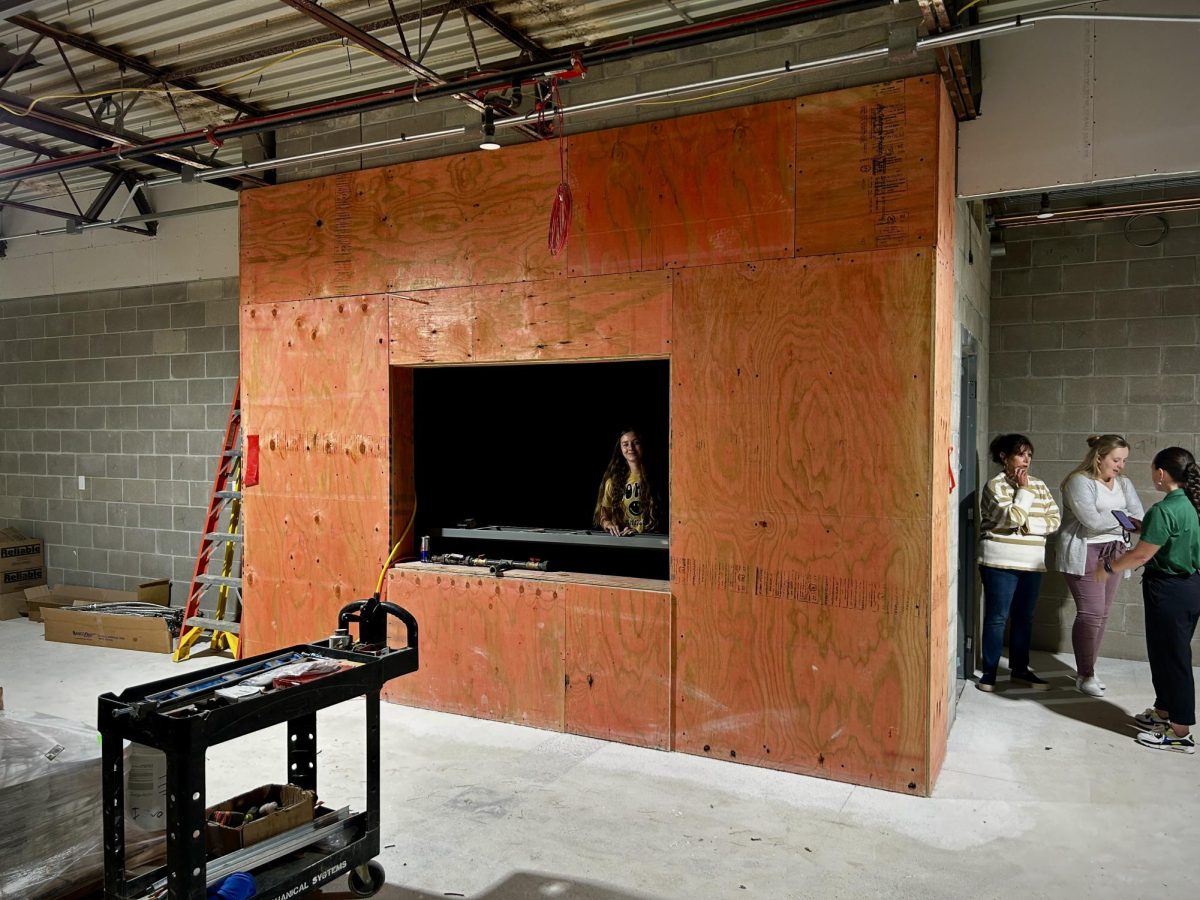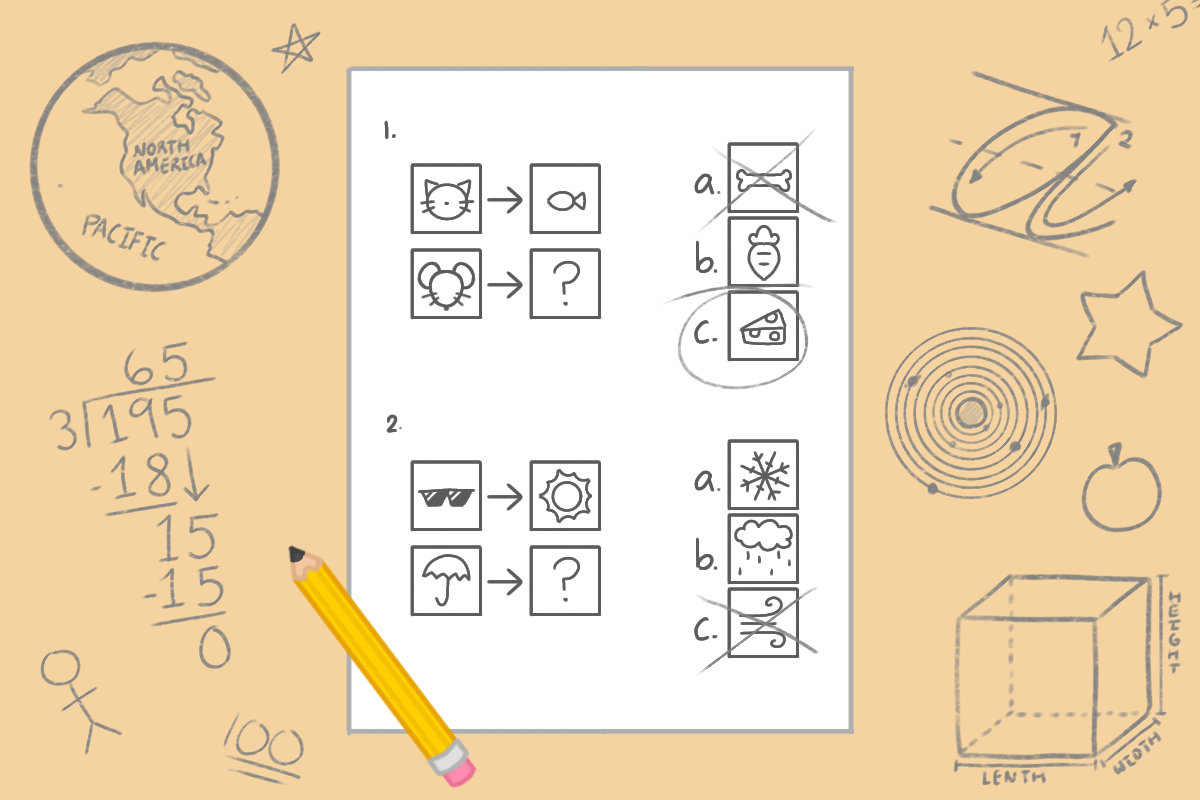When thinking about “extracurriculars,” math usually isn’t the first or even the second thing that comes to mind. It’s usually thought of as the dreaded school subject. Whether it’s listening to lectures in class or doing homework, math is often seen as a tedious task that needs to be finished as quickly as possible. However, there’s a completely different side of it: competitive math.
For over two decades, West High’s math club, Mu Alpha Theta, has remained consistently strong. Winning the state math championship for the 20th time in a row and for the 25th time in the competition’s 26-year history, Mu Alpha Theta has established itself as one of the strongest clubs at West. Even beyond West, the team excels, recently winning the Mathleague National Math Championship held in St. Louis, Missouri on May 18. The team finished first overall and several individual awards were given. Catherine Xu ’26 placed 10th, Edward Li ’26 placed 7th and Aiden Zhang ’27 placed 5th. This consistency is upheld by generations of mathletes.
Competition math is very different from math normally taught in school, consisting mostly only of difficult subjects that are barely touched on in classes.
“The [competition] math is really interesting and requires you to do more critical thinking than math classes,” said Dania Hussein ’25. “It challenges you and you just get obsessed with problem-solving and the unpredictability of it. I like the structure [of competition math]. It lets you try to figure it out first because math can be approached from so many different angles.”
Due to the difficulty of these problems, what’s considered a good score is very different from getting a good grade in school. A 50% would probably be considered a failing grade but could be one of the best scores in a math competition.
“Nobody gets everything right. These competitions have a lot of very difficult questions,” said Kai Merrill ’25. “Even if you don’t necessarily get a great score, if you’re not scoring 90% or getting most of the questions right, it’s okay and kind of expected.”
Lower scores can discourage people from competing, especially at the beginning. However, mathletes say it’s more important to focus on enjoying the math rather than the competitive aspect.
“Don’t do competition math because you want to ‘make it.’ Most of the time, people who try aren’t going to make it, and then they’re going to be sad and they’ll ditch this for something else,” said Athena Wu ’24. “Math is pretty fun. If more people treat it as a pastime instead of, ‘I need to make X cut off,’ it would be a better place.”
A lot of my best memories are solving problems with friends, low stakes. People were happy to solve the problems.
— Athena Wu '24
Edward Li ’26 agrees. “A lot of people stopped doing competition math because they don’t like the competitive aspect that much. I just don’t really care that much about the competition. You should probably only do math competitions if you like solving problems and not just if you like winning contests.”
Collaboration is another important aspect of most competitive math. While it may not seem important, especially for math competitions, most have team rounds where good communication is required. This can be very helpful for future careers because even STEM careers require good communication skills.
“Competition comes with a lot of networking and communicating with team members. I feel like that’ll help not just in college, but also beyond college, in the workforce,” said Hussein. “Communication with team members is something that a lot of people who are going into STEM lack. They’re good at math, but they aren’t good at communicating with other people, which team based projects require.”
Math competitions can also be a great place to meet people with similar interests.
Ultimately, what draws me is being able to talk with my friends who have this common interest.
— Richard Yang '25
Catherine Xu ’26 agrees, “One of my favorite parts of competing are some of the people I’ve met. It’s definitely interesting to see the different ways people think. In school, you’re taught one way to do problems, but it’s not the same in math competitions. Usually, there are multiple ways to solve problems, and depending on how your brain is wired or what you’re good at, people take different paths to the same answer. It’s really interesting to see how people’s brains work and how they think of these [answers].”
Whether it’s communication or critical thinking, competitive math introduces a new aspect of math that most people don’t see. It introduces math in a way that’s very different from math classes.
“There’s a lot of math covered that never gets taught at school. I think it’s really great. People can learn there’s more to math than rearranging equations,” said Yang ’25.



